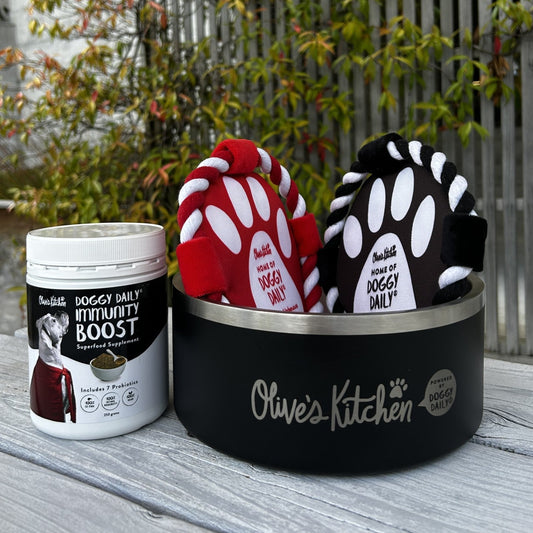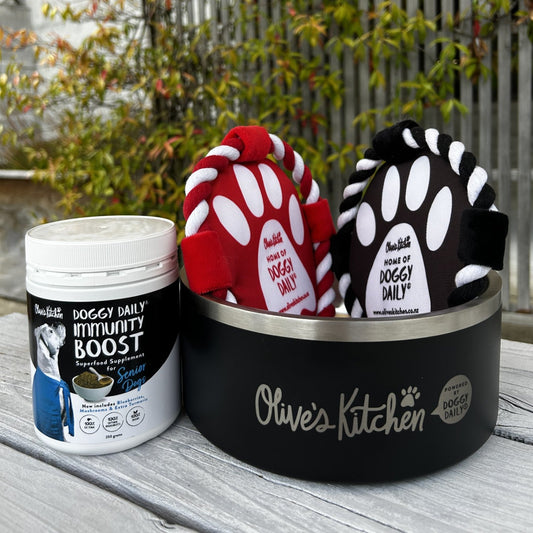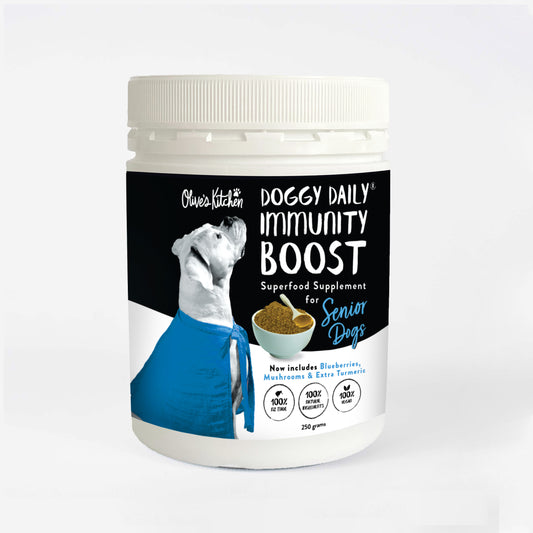5 reasons our pets need fresh vegetables?
If you are one of the many pet parents who haven’t yet tried introducing a small side of veggies into your fur baby’s diet, please keep reading. Vegetables encourage detoxification, stimulate natural antioxidant protection and can help to suppress tumours.
Health benefits of at a glance
- Small amounts of fresh, low glycemic vegetables are crucial to the health of cats and dogs
- Vegetables are a rich source of critical phytochemicals not found in meat, and may have such positive effects on our pets’ health due to a process called xenohormesis
- Veggies also provide minerals and vitamins E, K, C, beta-carotene and the B vitamins; bright-coloured and leafy green veggies tend to be the most nutritious
- Fermented vegetables are optimally digestible for dogs and cats, and are nutritional powerhouses, even in very small quantities
- Adding veggies to pet diets promotes gut health and leaving them out results in a less robust microbiome
However, not all vegetables are pet-friendly so here’s a list of the best veggies to feed your cat or dog. If possible, try to buy organic or spray-free.
9 x Vegetables You Can Safely Feed Your Dog or Cat
Broccoli — the benefits of broccoli (and sulforaphane) include detoxification, anti-inflammatory properties and nutrients like potassium, calcium, protein and vitamin C. Your pet may prefer steamed broccoli
Brussels sprouts —provide anti-inflammatory, detoxification and even anticancer benefits, plus loads of nutrients and antioxidants
Carrots — Another carotenoid-rich food many dogs and some cats enjoy
Celery — Celery provides vitamin C, lots of microbiome-building fibre and may even freshen your pet’s breath
Cucumbers — Cucumbers are crunchy and low in calories, but rich in vitamins like K, C and B1
Green beans — provide vitamins, C and K, along with calcium, copper, fiber, folic acid, iron, niacin, manganese, potassium, riboflavin, thiamin and beta-carotene
Medicinal Mushrooms - such as shiitake, reishi, maitake and button mushrooms anticancer and immune-boosting properties
Peas — Fresh or frozen peas make excellent training treats (to maximize nutrition and minimize sodium intake, avoid canned veggies)
Spinach — This green leafy vegetable has anti-inflammatory properties and can help support heart health
Serving Tips – Fermented Veggies are gold standard
Fermenting vegetables boosts their probiotic power. Beneficial gut bacteria play a critical role in managing digestive issues and a wide range of other health problems in dogs and cats. The fermenting of vegetables produces beneficial microbes (probiotics) that help balance gut bacteria. This in turn boosts your pet's overall immunity because a healthy gut means a healthy pet.
This article includes extract from Dr Karen Shaw Becker’s blogpost https://www.barkandwhiskers.com/vegetables-for-dogs
IS YOUR PUPPY OVER 6 MONTHS OF AGE?
If your puppy is 6 months or older then another important addition to the food bowl is Doggy Daily. Just a teaspoon a day added to a dry and wet food bowl, provides dogs with an essential dose of gut health-boosting nutrients that are missing from most modern pet diets.
Shop Doggy Daily Supplement






